
Can AI Save Schrödinger’s Cat?
Outcomes in quantum mechanics depend on observations. But must the observer be human?

Can AI Save Schrödinger’s Cat?
Outcomes in quantum mechanics depend on observations. But must the observer be human?
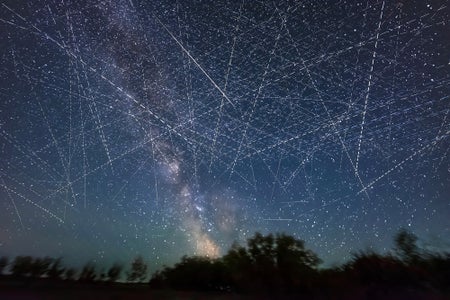
Satellite Mega Constellations Could Jeopardize Ozone-Hole Recovery
Pollution from skyrocketing numbers of satellites burning up in Earth’s atmosphere could threaten our planet’s protective ozone layer

The Hidden Story of Trailblazing Black Astronauts at NASA
A new film details the history of Ed Dwight and NASA’s first Black astronaut candidates
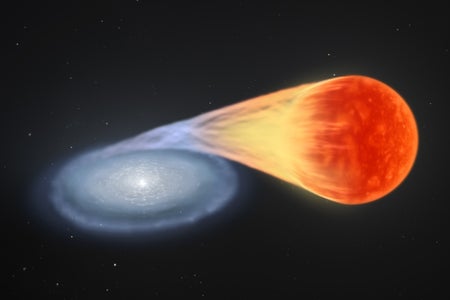
Supernova Slowdowns Confirm Einstein’s Predictions of Time Dilation
Analyzing 1,504 supernovae into the distant universe, astronomers have shown the clearest evidence yet for cosmological time dilation as predicted by Einstein
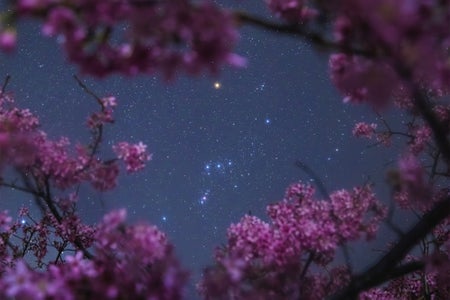
What Are Constellations, and Where Do They Come From?
Cosmic happenstance and biological evolution come together to create a road map to the stars
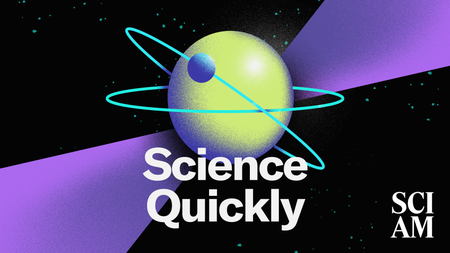
What Happens if a Nuclear Weapon Goes Off in Space?
A nuclear explosion in space would cause stunning auroras—and wreak havoc on satellites and space stations.
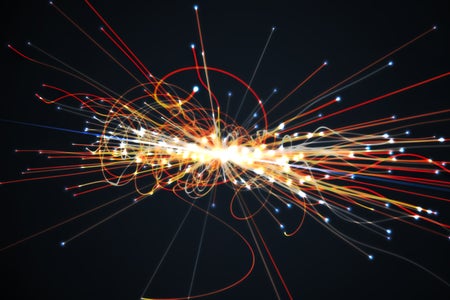
China Has Plans for the World’s Largest Particle Collider
China wants to build a next-generation particle collider that would be cheaper and more powerful than Europe’s planned successor to the Large Hadron Collider
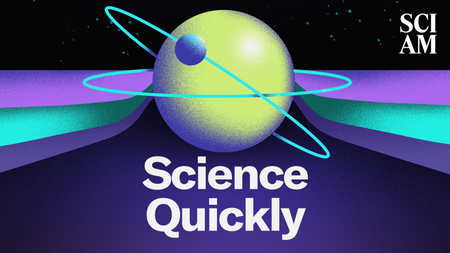
There’s No Need to Panic over ‘Flying’ Spiders, and Satellites Are Not So Great for the Ozone Layer
Sweltering heat in Greece, ozone-damaging chemicals on the decline and an investigation of what space does to our body are all in this week’s news roundup.

The Physics of Breakdancing, a New Olympic Sport
Breakdancing will hit the global stage at the 2024 Summer Olympic Games in Paris, and this physicist is excited to break down the science
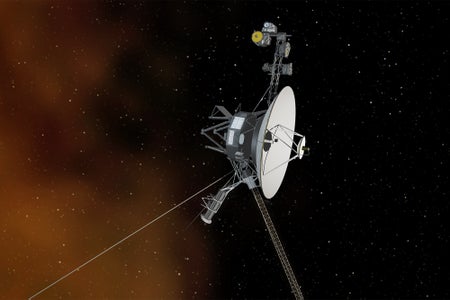
Voyager 1 Is Back! NASA Spacecraft Safely Resumes All Science Observations
NASA’s venerable Voyager 1 spacecraft has resumed normal science operations with all four functioning instruments for the first time in more than six months
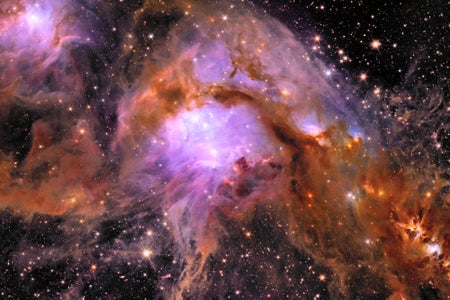
Stunning New Images Show Bright Future for Euclid, a Telescope Studying the ‘Dark’ Universe
The latest images from Euclid, a European mission studying dark matter and dark energy, are spectacularly beautiful—and scientifically promising
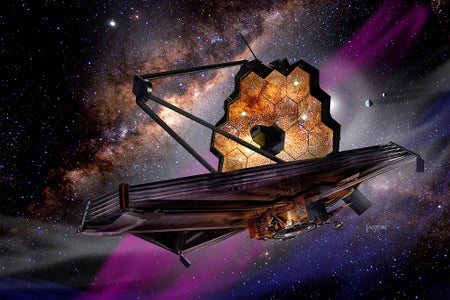
JWST Detects the Earliest, Most Distant Galaxy in the Known Universe—And It’s Super Weird
NASA’s James Webb Space Telescope observed an unusually large and highly luminous galaxy at a record-breaking 290 million years after the big bang